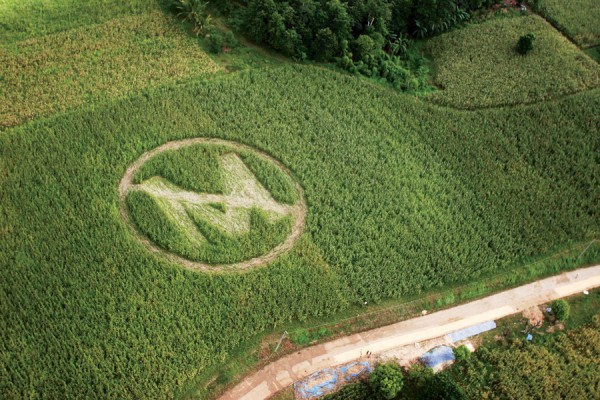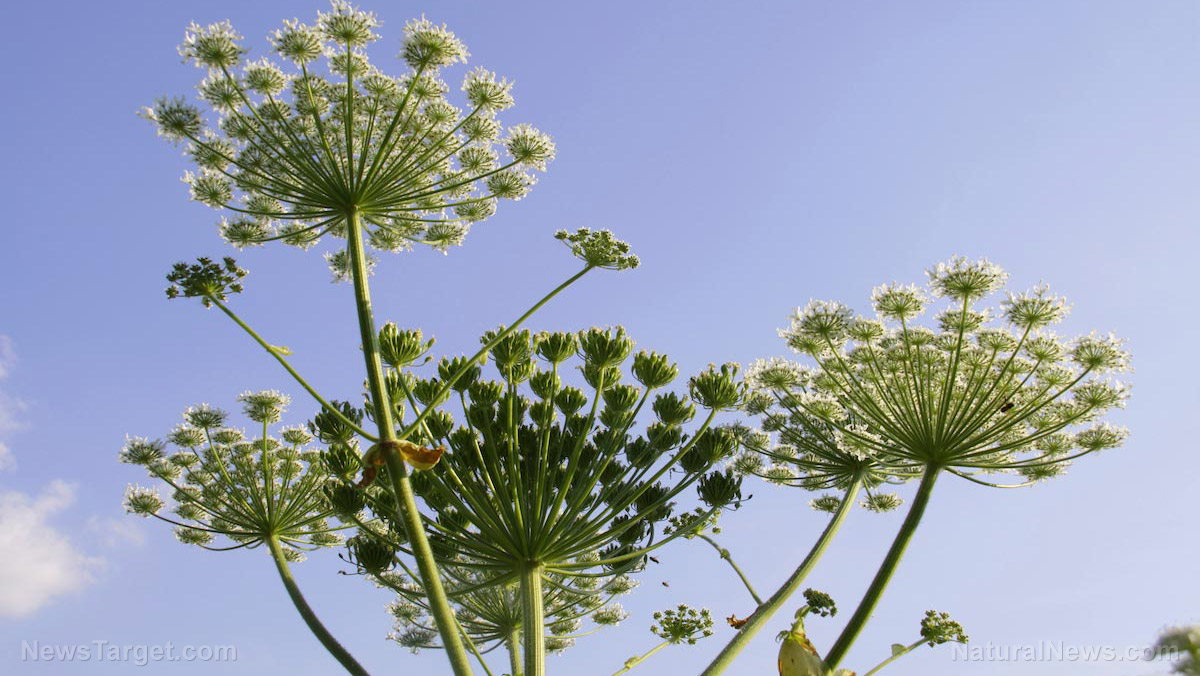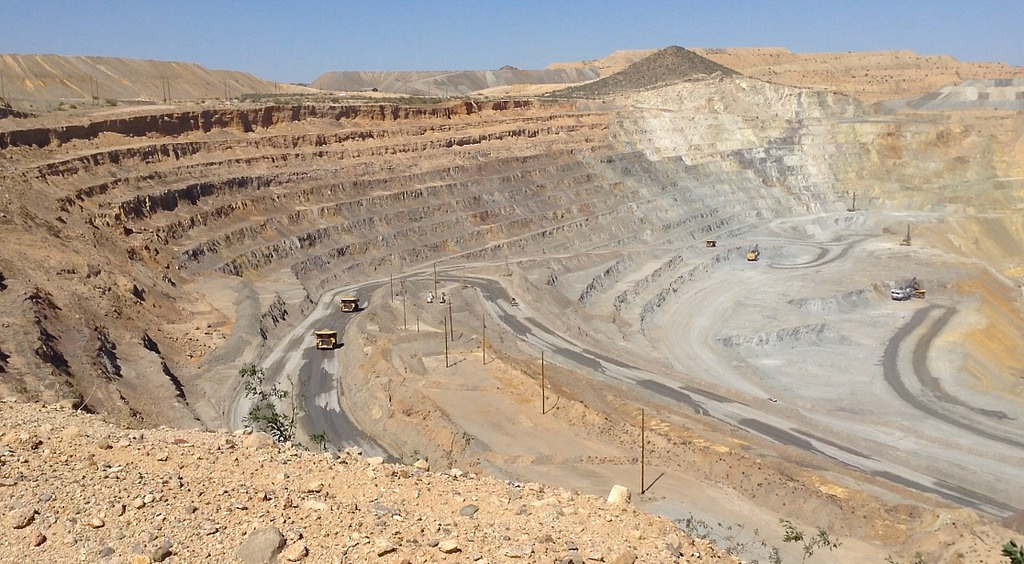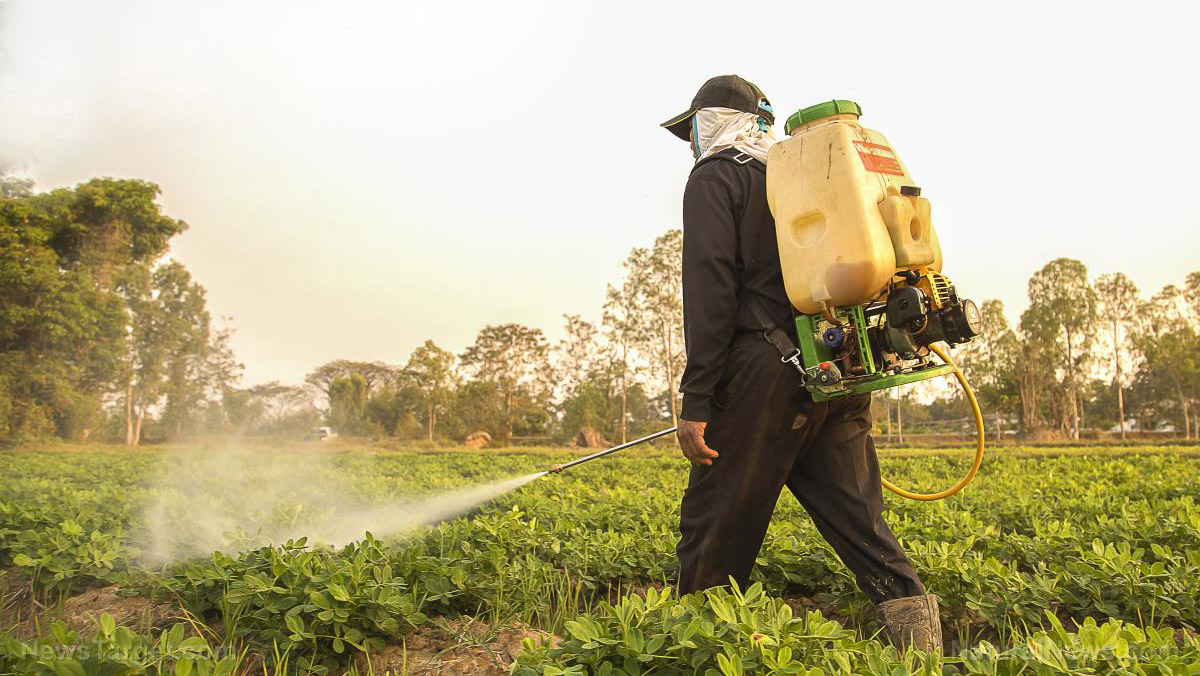Five countries have banned glyphosate in the wake of recent lawsuits
09/30/2017 / By Michelle Simmons

The Flemish government has joined the number of countries banning glyphosate, as reported by the Baum Hedlund. The prohibition on the use of glyphosate is not new in the country as the Belgian cities of Brussels and Wallonia have already issued their own laws regarding the individual use of the chemical. In addition to Belgium, four more countries have banned glyphosate for this year. These are:
- Malta – The country was the first European country to ban the use of this controversial weedkiller.
- Sri Lanka – The President of Sri Lanka also banned the use of glyphosate nationwide to protect the health of the its citizens. The herbicide has been linked to a quintuple increase in the prevalence of chronic kidney disease (CKD) in the nation and resulted in about 20,000 deaths in northern Sri Lanka.
- The Netherlands – The Netherlands likewise prohibited the herbicide after hearing the arguments of Party for Animals, an organization that focuses on animal rights issues.
- Argentina – Meanwhile in Argentina, about 30,000 doctors demanded the prohibition of glyphosate in their country since the chemical is associated with cancer, spontaneous abortions, birth defects, skin diseases, respiratory illness, and neurological disease.
In 2015, the World Health Organization’s International Agency for Research on Cancer (IARC) identified glyphosate as a potential carcinogen to humans. They found a strong association between glyphosate and non-Hodgkin lymphoma, which is a type of blood cancer that affects the white blood cells called lymphocytes. Lawsuits against Roundup — Monsanto’s flagship product — began piling in after the IARC report. Over 1,100 people all over the U.S.have filed lawsuits against Monsanto. Allegedly, exposure to Roundup caused them to develop non-Hodgkin lymphoma. There are more than 50 lawsuits against Monsanto that continue to pile up in the U.S. District Court in San, Francisco.
Moreover, the glyphosate manufacturer is also facing a class action lawsuit in Wisconsin after six consumers claimed that Roundup was falsely promoted as safe when it actually caused adverse impacts on human gut bacteria.
Earlier this year, the California Environmental Protection Agency’s Office of Environmental Health Hazard Assessment confirmed that glyphosate would be added to California’s Proposition 65 list of chemicals known to cause cancer. (Related: Glyphosate and cancer: Read how this deadly weed killer promotes multiple myeloma, leukemia, sperm damage, infertility, kidney damage, autism, endocrine disruption, DNA damage and birth defects.)
More on glyphosate
Glyphosate is an herbicide that is used on the leaves of plants. It is the most widely-used chemical for this purpose, with about 9.4 million tons having been sprayed on fields to date.
It was first approved for use in the United States in 1974. It was initially produced by Monsanto and is best known as the active ingredient in the company’s Roundup herbicides. It will kill most plants since it is a non-selective herbicide, which prevents the plants from producing the important proteins that they need for plant growth. This chemical stops the shikimic acid pathway that is necessary for plants and some microorganisms.
Over 750 products that contain glyphosate are sold in the U.S. market.
Many countries continue to ban the chemical because of the proven health risks that it causes humans.
Sources include:
Tagged Under: agricultural chemicals, cancer, Carcinogenic, glyphosate, herbicides, Monsanto, Roundup, Toxic, toxic chemicals


















